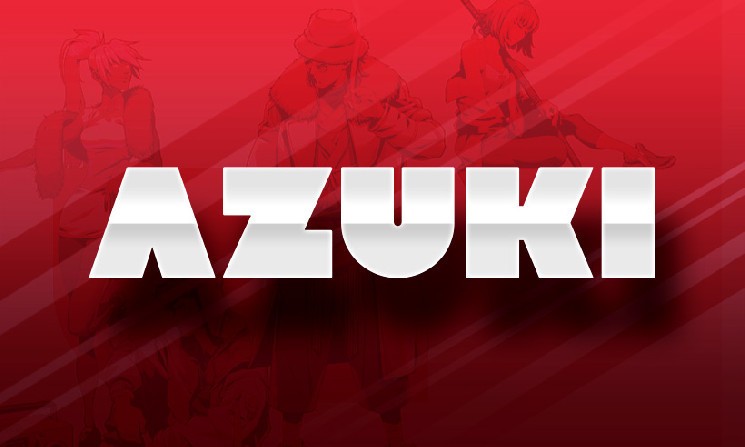Azuki Launches PBT to Connect Real Objects to Blockchain

Azuki is expanding its presence in the web3 sector with the launch of PBT, a physical backed token. The Japanese anime-inspired NFT initiative aims to connect tangible goods to digital tokens, allowing on-chain ownership of tangible assets. Through Twitter, Azuki outlines the token declaration. https://twitter.com/AzukiOfficial/status/1582057921516474368 An open-source token standard called PBT (Physical Backed Token) connects a physical object to a virtual token on the Ethereum blockchain. Physical Backed Token gives businesses and creators the tools to develop experiences and next-generation storytelling for their audiences. PBT is now available for development at pbt.io.
The PBT Standard
The release said that while generating a digital token to represent a real object is nothing new, maintaining that link with the thing throughout the object’s lifespan is still challenging. The Physical Backed Token standard is a technology that provides completely-chain, decentralized identification and monitoring of the entire ownership history of physical goods. This introduces trustless authentication. Everyone is free to authenticate, validate, and construct interactions on top of this technology; no one organization has exclusive rights to ownership of objects. The repository is open-source, and the EIP submission is currently underway.
Launch of Golden Skateboards
The accompanying short film provides a fitting illustration of connecting a golden skateboard to a bean snack. The first tangible product to be fully on-chain approved will be nine Golden Skateboards, which Azuki will release on October 21. The bean chip, according to Azuki, is a real-world cryptographic device that can independently produce an asymmetric key pair. The first PBT implementation is on the chip.
Scan-to-Own Experience
Additionally, according to the business, PBT allows hardware to provide the «scan-to-own» experience, which links real things to digital tokens on-chain and decentralized from a central server. Azuki claims that despite other Web3 and retail businesses having developed digital tokens that stand in for actual commodities, the two were frequently separated after minting. With decentralized authentication and tracking throughout the chain of ownership lineage, PBT gets around this drawback.






 Bitcoin
Bitcoin  Ethereum
Ethereum  Tether
Tether  USDC
USDC  Dogecoin
Dogecoin  TRON
TRON  Cardano
Cardano  Stellar
Stellar  Chainlink
Chainlink  Hedera
Hedera  Bitcoin Cash
Bitcoin Cash  Litecoin
Litecoin  LEO Token
LEO Token  Monero
Monero  Cronos
Cronos  Dai
Dai  Ethereum Classic
Ethereum Classic  OKB
OKB  Algorand
Algorand  VeChain
VeChain  Cosmos Hub
Cosmos Hub  Gate
Gate  KuCoin
KuCoin  Stacks
Stacks  Tezos
Tezos  Theta Network
Theta Network  IOTA
IOTA  Tether Gold
Tether Gold  Zcash
Zcash  TrueUSD
TrueUSD  NEO
NEO  Polygon
Polygon  Decred
Decred  Dash
Dash  Ravencoin
Ravencoin  Qtum
Qtum  Basic Attention
Basic Attention  Zilliqa
Zilliqa  0x Protocol
0x Protocol  Synthetix Network
Synthetix Network  Holo
Holo  Siacoin
Siacoin  DigiByte
DigiByte  Enjin Coin
Enjin Coin  Ontology
Ontology  Nano
Nano  Status
Status  Hive
Hive  Waves
Waves  Lisk
Lisk  Steem
Steem  Numeraire
Numeraire  Pax Dollar
Pax Dollar  BUSD
BUSD  Huobi
Huobi  NEM
NEM  OMG Network
OMG Network  Bitcoin Gold
Bitcoin Gold  Ren
Ren  Bitcoin Diamond
Bitcoin Diamond  Augur
Augur